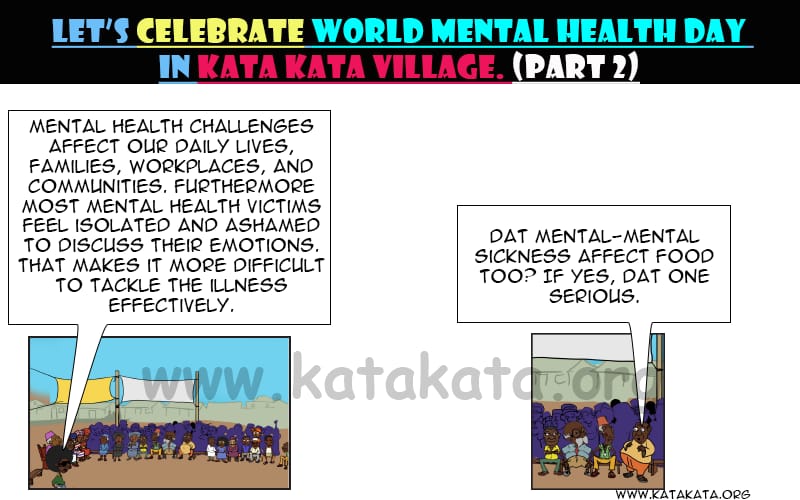The Ubuntu Philosophy: The Answer to Mental Health.
The Ubuntu philosophy profoundly explains the concept and essence of 'humanity'. It gives meaning to African value systems, emphasising individuals' interconnectedness with their surrounding societal and physical worlds. Often translated as "I am because we are," Ubuntu carries a much deeper philosophical significance. It represents the belief that a universal bond of sharing unites all of humanity and that individual well-being is intricately tied to the well-being of others.
Ubuntu encourages us to move away
from the hyper-individualistic mindset often dominating modern societies.
Instead, it invites us to view ourselves as isolated entities and essential
parts of a greater whole. This philosophy teaches that we are all connected
through our shared experiences, responsibilities, and destinies. It promotes
empathy, compassion, and collective responsibility, emphasising that what
affects one affects all. This mindset creates a robust framework for
understanding and addressing mental health challenges today.
With the rapid technological
advancements of modern life, we are paradoxically witnessing an increasing
disconnection among people. Despite the constant connectivity through social
media and digital platforms, many individuals are experiencing a profound sense
of loneliness. Numerous studies have shown that the rise of social media has
coincided with a worrying increase in mental health issues such as depression,
anxiety, and low self-esteem—especially among young people. This growing crisis
is not just a personal struggle; it's a societal concern that demands a
cultural and communal response.
Here, the Ubuntu philosophy
becomes especially relevant. Its call for togetherness, empathy, and mutual
support starkly contrasts modern life's isolating tendencies. In the face of
growing mental health challenges, what people often need most is not just
medication but meaningful connection—someone to talk to, someone who listens,
and a community that supports healing. For instance, practising active
listening when a friend is struggling or participating in community events that
promote mental well-being. This sense of belonging, fostered by Ubuntu, can be
a powerful form of therapy that no pill can replicate.
If we fail to address the dangers
associated with mental health as a collective, we are indeed sitting on a keg
of gunpowder. The consequences are not just personal but societal: broken
families, reduced productivity, social unrest, and, in severe cases, suicides.
However, by recognising mental health as a communal concern, we can form a
united front and a compassionate heart to tackle this issue. Together, through
collective action, we can make a difference and feel empowered to address this
pressing issue.
From depression and alcoholism to
anxiety and PTSD, millions around the globe are silently struggling. The burden
of mental illness can be heavy, but it becomes lighter when shared. This is why
Ubuntu matters. By recognising the value in every individual and offering
support through communal bonds, we can build a society where healing becomes
possible for all.
In addition to professional
medical treatment, self-care plays a vital role in mental health recovery.
Victims should be encouraged to adopt habits that promote well-being:
maintaining strong relationships with friends and family, establishing
consistent sleep routines, engaging in physical activity, and embracing healthy
diets. Even simple acts like walking, pursuing hobbies, or joining a support
group can contribute significantly to one's healing process. By actively
participating in their recovery through self-care, individuals can feel
responsible and in control of their well-being.
Meeting and interacting with
others facing similar struggles helps individuals understand that they are not
alone. It breaks the cycle of shame and isolation, replacing it with empathy
and understanding. This is the very spirit of Ubuntu—standing together, healing
together, growing together.
The Ubuntu philosophy offers more than just a cultural perspective; it provides a practical and compassionate solution to one of the most pressing issues of our time. By embracing Ubuntu, we acknowledge that our shared humanity is our greatest strength. Together, through love, support, and unity, we can confront the mental health epidemic and move towards a world where no one must suffer in silence.
Video: https://youtube.com/shorts/6BLg_TJe7SU?feature=share
For unrestricted access to Kata Kata content, subscribe to our platform: katakata.org/mainmenu

